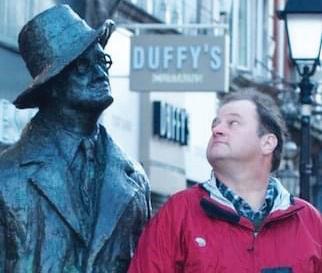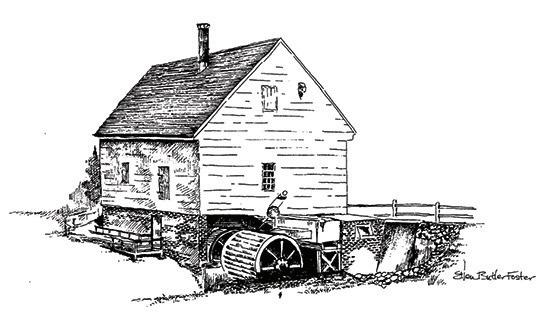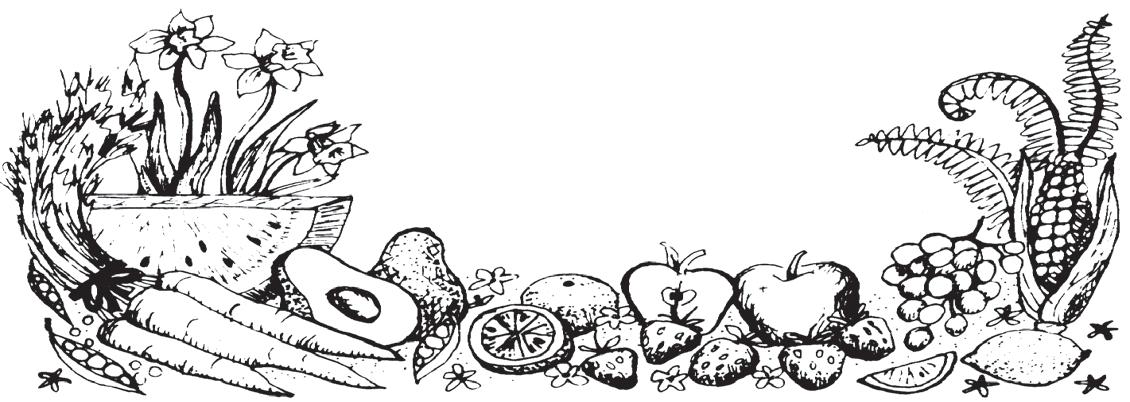
7 minute read
Easton Map and History
The County Seat of Talbot County. Established around early religious settlements and a court of law, Historic Downtown Easton is today a centerpiece of fine specialty shops, business and cultural activities, unique restaurants, and architectural fascination. Treelined streets are graced with various period structures and remarkable homes, carefully preserved or restored. Because of its historical significance, historic Easton has earned

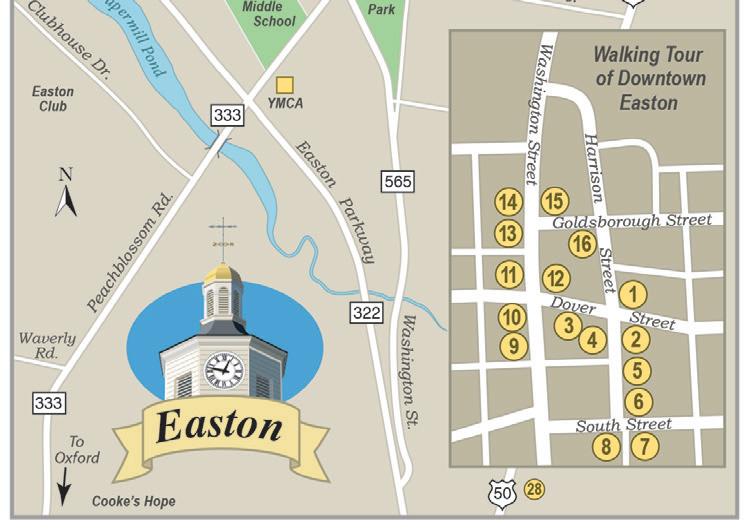
© John Norton
distinction as the “Colonial Capitol of the Eastern Shore” and was honored as number eight in the book “The 100 Best Small Towns in America.” With a population of over 16,500, Easton offers the best of many worlds including access to large metropolitan areas like Baltimore, Annapolis, Washington, and Wilmington. For a walking tour and more history visit https:// tidewatertimes.com/travel-tourism/easton-maryland/.
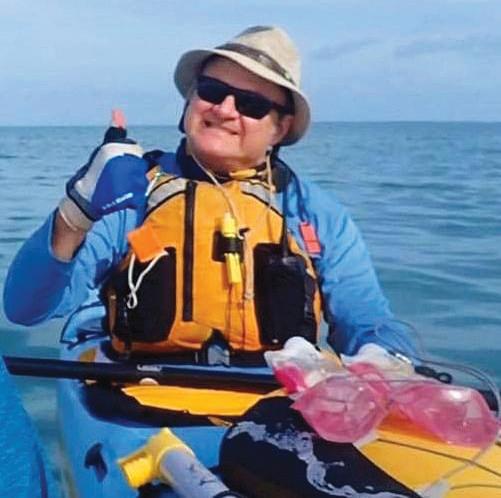
pact a teacher can have on a student. And maybe about having adventures and what it is to live a good life.
Wager talks about running into former students, including ones some teachers didn’t have any hopes for.
“Those are the ones who will come up to me in the store and say, ‘Mr. Wager, I was a real pain in your class, but I wanted you to know, I’m running this business… and I always ask, ‘Are you married? Kids?' And they show me pictures and it’s really rewarding knowing that when some might have counted them out, some of us didn’t. A lot of these kids whom I’ve loved and talked to in years past have made themselves into something. Teaching English was the job, but I like to think I taught kids to be something as well.”
Wager has stayed close with some students over a wide range of




was teaching at Easton High. They years, some now in their 50s, who are extremely close friends. He mentions Tony Schiera, who was a yearbook editor when Wager was the EHS faculty yearbook advisor.
“A number of years ago now, I went over to the Middle East to stay with Tony and his family, then two years later, he got me to apply for a job in Oman for a summer teaching leadership,” Wager said.
Wager had experience teaching leadership through Outward sea instructor for 15 years while he
Bound, where he was a part-time
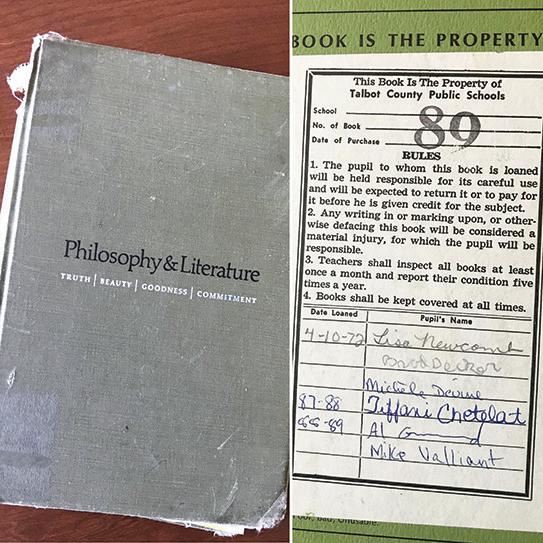
This was our journalism class, 1990-91, with Wager in the background. And a textbook from the 11th grade class I slept through ~ last year, Wager was going through old stuff and found my actual book. 48
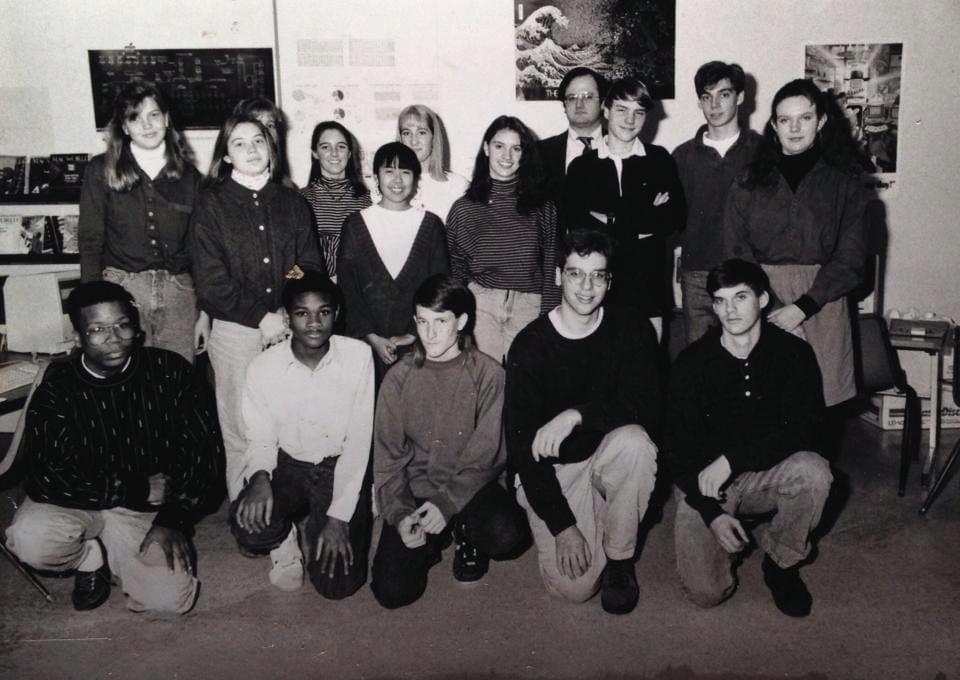
were building an environmental education program for the schools, and they sent teachers on an Outward Bound program in Western Maryland “to go walk around the woods.” For his fi nal project, Wager would fi nd grants to do the programs, which meant that he would often wind up with his students on the Chesapeake Bay in spring and fall courses. After three years, Outward Bound sent him to sea school for an instructor’s course and then hired him.
“It was grueling, and I was the oldest guy in the course,” Wager said. “After that, I’d work three to six weeks in the summertime, working on the boats, which was a phenomenal experience. It changed the way I thought and the way I taught.” The way he taught ~ I think back to journalism class in 1990-91. Wager got us excited about writing, about looking at what was going on around us and telling stories that we thought mattered. Then he would help edit and publish the paper in school. How did that come together? “I was never trained as a journalist, I didn’t know what I was doing, I learned desktop publishing on the fl y, just before you guys did,” he said. “And that is another thing I will say about teaching: it helps when you realize, as a teacher, you aren’t the smartest person in the room. I have had kids that were brilliant and I knew were smarter than me. And so, as a teacher I needed to get into

their heads and show them that they could do more than I could.”
In addition to teaching, sailing has been a constant in Wager’s life on the Shore. He’s been sailing in the Wednesday Night and Saturday races in St. Michaels for more than 30 years. And it’s been a passion that has stayed with him into retirement.
Since retiring, Wager has hit the road (up until COVID-19). He has driven across the country three times, wandered through South Dakota, driven out to Oregon, gone hiking and camping in the desert with friends, paddled the entire length of the Florida Keys and traveled to Europe a couple times. Before the pandemic, when he would go visit his family in Colorado, it was never a straight shot. He always looked for stops along the way.
“A couple of us drove down to New Orleans because a friend wanted a good cup of coffee and a beignet from the Café du Monde. So we drove like 800 miles out of our way to go to get that cup of coffee.”
After a career teaching literature and going on adventures, Wager goes back to William Wordsworth and Walt Whitman the most. When I mention that they are also two of my favorite writers, he admits to imprinting them on me while I slept in

his class.
Over the past 15 years or so, it’s been the rekindling and continuing of literary and outdoor adventures with Wager that has been so fun and meaningful for me. We’ve been in discussion groups together reading Thomas Pynchon, David Foster Wallace, Cormac McCarthy and Frank Herbert. And we’ve taken group hikes around Maryland and Delaware looking for original Mason-Dixon stones. James Joyce has been mentioned as one of the next authors to tackle, and hiking the Dingle Way in Ireland has come up over a few beers.
After all the adventures past and present, what’s next? What is it he is most looking forward to?
“Being a grandfather, ‘Grumps.’ That’s it. That’s like 99 percent of what I am looking forward to,” Wager said. “I’ve traveled the whole world, and I’ve done amazing things that I never dreamed I would have done when I was a kid, and right now it’s all about a little girl who, because of COVID, I can’t go out and meet. Right now, it’s all about little Quinn. So that’s the future. I still want to travel, I still want to learn things, I still want to do interesting things, but really I want to get out to Colorado.”
Sitting in the breezeway of their house, enjoying good beer and a vegetarian lunch he made, Wager muses on what makes a good life. He tells a story of two high-powered executives, one always striving for more than he has and the other saying, “I have something you’ll never have.” What’s that? “I have enough.”
“And I have enough,” Wager said. “I have a great family, and I have good relationships with people going back 50 years; I’m still in touch with friends I went to high school with. I have raced on boats for and against the same guys for 30 years, and we’re all great friends. I’ve had amazing experiences. If I had said, well, I can’t do anything until I get a million dollars, then I would have missed out.”
Michael Valliant is the Assistant for Adult Education and Newcomers Ministry at Christ Church Easton. He has worked for non-profi t organizations throughout Talbot County, including the Oxford Community Center, Chesapeake Bay Maritime Museum and Academy Art Museum.
